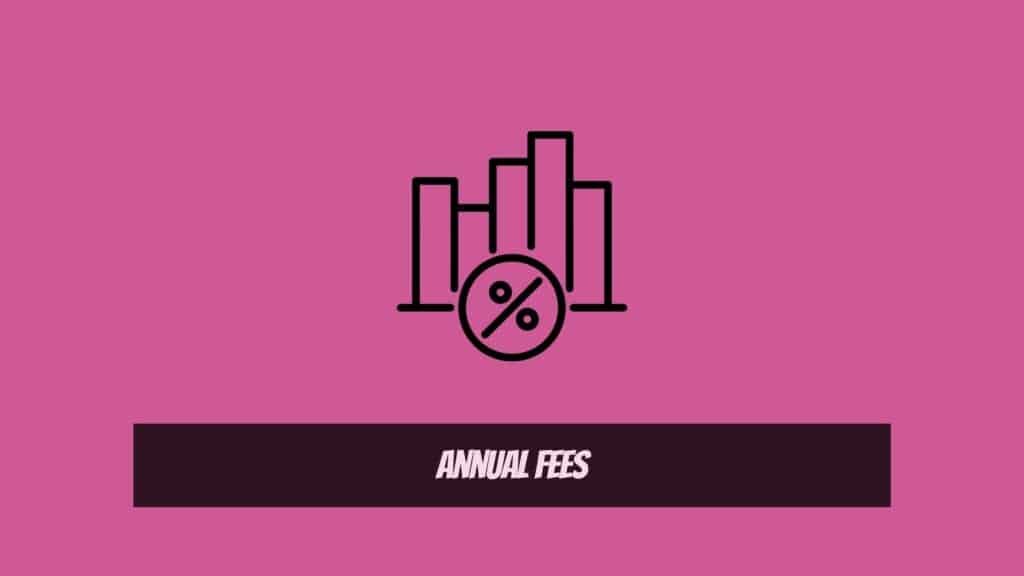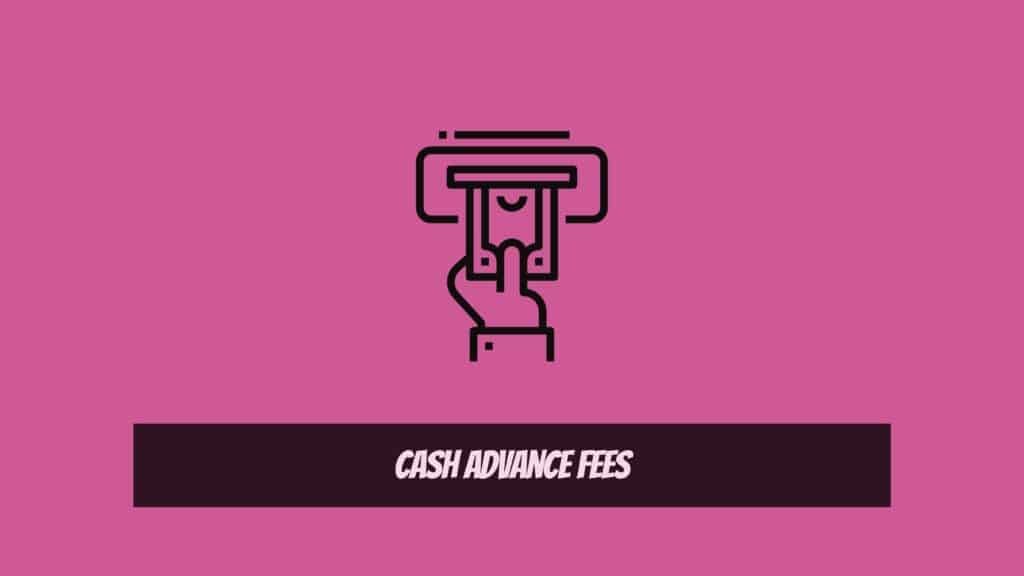Credit cards can be a convenient and useful financial tool, but they can also come with various fees that can add up quickly. Understanding the different types of fees associated with credit cards and how to avoid them can help individuals save money and manage their credit effectively.
In this article, we will delve into the specifics of each of these fees and provide tips for avoiding them.
Annual fees

Annual fees are fees that are charged on a yearly basis for the privilege of using a credit card. These fees are typically charged as a one-time fee at the beginning of the year or on the anniversary of the account opening.
Some credit cards may have annual fees in exchange for certain benefits, such as rewards programs or additional perks. For example, a credit card with an annual fee may offer a higher rewards rate or access to exclusive events or services. It is generally advisable to consider whether the benefits of a credit card with an annual fee outweigh the cost of the fee before signing up for the card.
How to Avoid Annual Fees
- Compare credit cards to find ones that don’t have annual fees: It is important to compare different types of credit cards when looking for one that does not have an annual fee. Some credit card issuers offer a variety of cards without an annual fee and with various perks, so it pays to shop around.
- It may be possible to negotiate with a credit card issuer to waive or reduce an annual fee. If you have been a good customer of the card issuer, they may be willing to make an exception and waive the fee for you.
- Depending on the credit card, paying off your balance in full every month may help you to avoid an annual fee. This is because some issuers waive the annual fee for customers who pay their entire balance each month.
- Balance transfer fees are typically charged when you move the balance from one credit card to another. The amount of this fee is usually expressed as a percentage of the transferred balance and can range from 3-5%. When transferring a balance, it is important to compare the total cost of transferring (including any associated fees) to the savings that can be achieved by transferring.
Balance Transfer Fees

Balance transfer fees are typically charged when you move the balance from one credit card to another. The amount of this fee is usually expressed as a percentage of the transferred balance and can range from 3-5%. When transferring a balance, it is important to compare the total cost of transferring (including any associated fees) to the savings that can be achieved by transferring.
How to Avoid Balance Transfer Fees
- Do your research and compare the fees associated with different balance transfer offers, as some will offer a lower fee or even no fee at all for transferring balances.
- Consider opening a new credit card that has an introductory 0% APR on balance transfers. This type of card may offer a promotional period for transferring balances without any fees.
- Cash advance fees are charged when you use your credit card to withdraw cash from an ATM or make a purchase with your credit card at a casino, liquor store, or other establishments where cash advances are not allowed. These fees can range from 3-5% of the transaction amount and usually include an additional fee.
Cash Advance Fees

Cash advance fees are typically charged when you use your credit card to withdraw cash from an ATM or make a purchase with your credit card at a casino, liquor store, or other establishments where cash advances are not allowed. These fees can range from 3-5% of the transaction amount and usually include an additional fee.
How to Avoid Cash Advance Fees
- Avoid withdrawing cash from an ATM or making purchases at places that do not accept credit cards.
- Use a debit card for purchases instead of a credit card when you know you will need to withdraw or use cash.
- Set up direct deposit from your employer into your bank account so that you have access to cash without having to use a credit card.
- Pay your balance off in full each month so that you avoid any interest charges associated with cash advances.
- Use online bill pay services to pay bills on time and avoid late fees or other penalties associated with delayed payments.
Foreign Transaction Fees

Foreign transaction fees are charged when you use your credit card to make purchases in a foreign currency or from an international merchant. These fees usually range from 1-3% of the transaction amount and are added to your total balance due.
How to Avoid Foreign Transaction Fees
- Look for a credit card that does not charge foreign transaction fees.
- If you are traveling abroad, inquire about any local currency exchange rates that may be offered by the card issuer.
- Contact your credit card company prior to making a purchase in another country to ensure that they will not charge an additional fee for foreign transactions.
- Use a debit card or cash instead of credit when possible while traveling. Look for local stores or restaurants that accept your credit card and offer discounts on international purchases.
Late Payment Fees

Credit card late fees can be very expensive and are the most commonly-charged fees associated with credit cards. The amount charged can vary greatly from one company to another, but generally speaking, it will range from $20 to $40 per incident.
Avoiding late payment fees is surprisingly simple; by setting up automatic payments or reminders on your phone, you can ensure that you never miss a due date. Along with avoiding unnecessary fees and possible damage to your credit score proactive payment management is likely to pay off in the long run.
How to Avoid Late Payment Fees
- Set up automatic payments for a minimum amount due or the full balance so that you always pay on time.
- If you are having difficulty paying, contact your credit card company to see if they can offer any payment assistance.
- Know your due date and plan ahead so that you have enough time to make payments by the due date.
- Set up an alert system with your bank, or place reminders in calendar programs, to help you remember when payments are due.
Conclusion – 5 Common Credit Card Fees and How to Avoid Them
The fees associated with credit cards can be very expensive, but by following the tips outlined above, you can avoid them and save yourself time and money in the long run.
Setting up automatic payments or reminders for due dates, using a debit card when possible, and avoiding cash advances and foreign transactions as much as possible, you can keep your bills manageable and avoid costly fees.
Good credit habits can also help you qualify for better credit cards with lower interest rates, more rewards, and other benefits that can save you even more money in the long run. With a little bit of effort and planning, you can keep your finances under control while avoiding the high costs associated with credit card fees.
